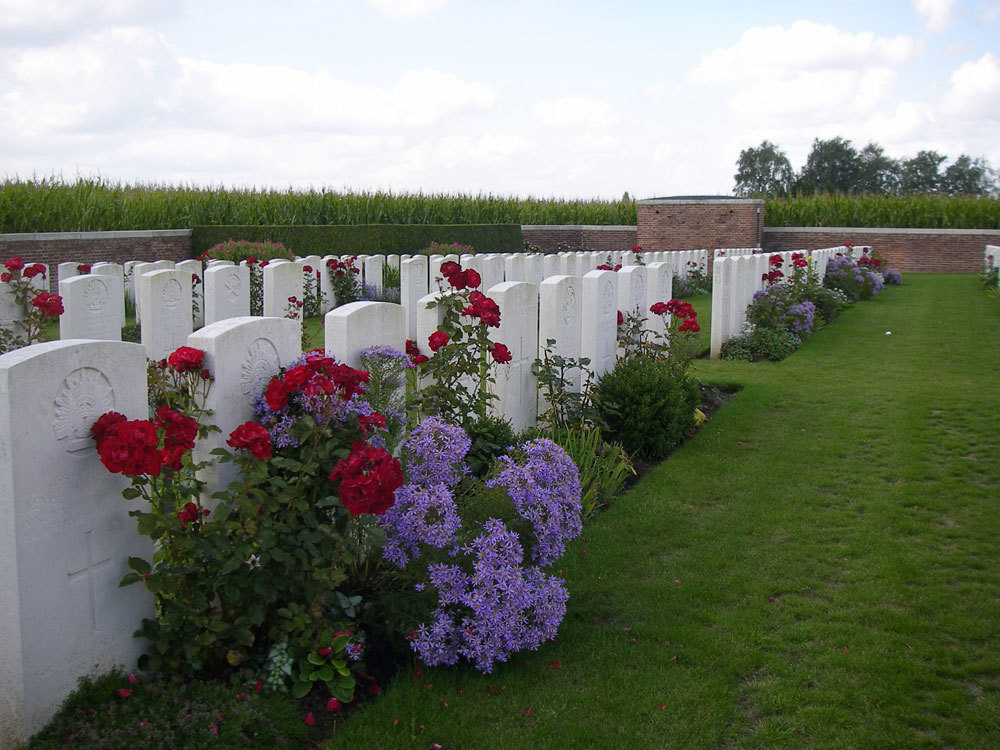24 October 2022
New Commemorations Update – October 2022

Since our last update, we have completed reviews of more non-commemoration cases and received adjudications from the relevant defence authorities.
Casualties recently accepted for commemoration will be added to our Casualty Database in due course.
Here are three featured stories from our latest commemorations.
Private John Calder
 Imagery: Private John Calder, The Glasgow Evening Times, 22nd December 1917 (Sourced by Ian Chisholm).
Imagery: Private John Calder, The Glasgow Evening Times, 22nd December 1917 (Sourced by Ian Chisholm).
Serving in the Cameronians (Scottish Rifles), Private Calder was killed in action on 29th November 1917. The 1/5th Battalion had merged with 1/6th Battalion on 29 May 1916 to become 5th/6th Battalion. Private Calder was one of six casualties suffered by the 5th/6th Battalion that day, with three others buried at Dochy Farm New British Cemetery in Belgium. The remaining two individuals are commemorated on the Tyne Cot Memorial.
A Dependant Pension was awarded to Private Calder's mother. Her listed address was the same location given in a contemporary newspaper obituary, acting as historical evidence to support Private Calder being killed in action.
Air Mechanic 2nd Class George William Einchcomb
Air Mechanic 2nd Class Einchcomb enlisted in the Royal Flying Corps in May 1916. He was discharged as ‘No Longer Physically Fit for War Service’. A year later he was awarded the Silver War Badge. A Medical Board recorded his illness as subacute combined degeneration; a condition that involves progressive degeneration of the spinal cord, brain and peripheral nerve, often due to Vitamin B12 deficiency.
Originating in July 1916 at Farnborough Camp, his disability was deemed 'permanent' and total, being categorised by the authorities as 'aggravated by ordinary military service'. Air Mechanic Einchcomb died in Epsom as a result of myelitis (inflammation of the spinal cord) in March 1918. A Dependant Pension was awarded to his widow and child.
Fireman Clement Gatt
Fireman Gatt was a Maltese member of the crew of S.S. ‘Swift Wings’. The vessel was torpedoed and sunk by a German U-Boat, U38, off Cape Bengut, Algeria on 1st September 1916. Two other crew members who died in the attack are commemorated on the Tower Hill Memorial in London. Fireman Gatt was rescued but died in hospital of the burns he received just seven days later.
As a Commonwealth national signed on the books of a British-registered merchant ship, and who died as a result of enemy action, he meets our commemoration criteria for individuals serving in the Merchant Navy during the First World War.

